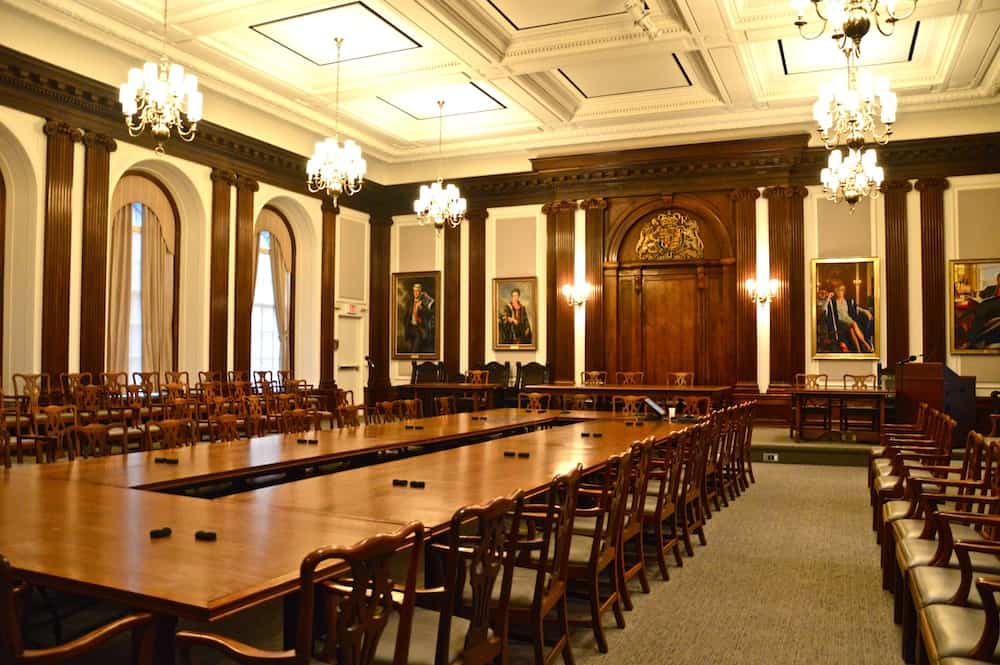Most people in this city are familiar with the recent stories surrounding Toronto Mayor Rob Ford. However, fewer are aware of the governance nightmare currently taking place at U of T’s St. George campus. At the Student Societies Summit, members of the University of Toronto Students’ Union (UTSU) have engaged in a campaign to halt the progress of discussions with the Trinity College Meeting (TCM), Victoria University Students Administrative Council (VUSAC), and the Engineering Society (EngSoc), which are all pursuing fee diversion.
It would almost seen that the UTSU does not understand the situation. Bodies within the university have been troubled by the UTSU’s conduct for about a decade, ever since it federated with the Canadian Federation of Students (CFS) in 2002. The UTSU, whose executive has been filled by candidates backed by the CFS since federation, has been resistant to working with dissenting bodies. With no way to address their grievances, the tcm, vusac, and EngSoc were left with no choice but to leave the union. These bodies duly held referenda, two of which passed.
Simply put, the UTSU is holding large communities hostage against their will. The response to these bodies’ requests to be released has been subject to dialogue.
The current summit seems like a waste of time. While talks are ongoing, the status quo is preserved wherein the union still collects fees from dissenting students. How a dialogue between opponents with no binding authority can result in change, I do not know. Why would the UTSU agree to anything now that talks are formalized when they have refused to agree to anything through years of dissent?
The approach taken by the UTSU’s opponents in the summit up to this point have been terribly ineffective. They hope that by making the UTSU look bad in front of the faculty facilitators at the summit they will Induce these professors to recommend that the administration take action. This approach will undoubtedly fail because it allows the union to drag out the process while maintaining the status quo. U of T’s administration is the only body on campus with the power to compel the UTSU to act, and they have failed to take the necessary steps thus far.
Instead of putting all of their eggs in one basket, those petitioning the UTSU for fee diversion must adjust their tactics and apply more pressure. The situation must develop to the point where the university’s Governing Council decides it has no choice but to act. The dissenting voices must abandon tight-fisted budgets and invest in legal action. They must offer candidates to compete with the CFS party in the upcoming UTSU elections and every election thereafter. They must organize mass protests in front of the UTSU building. They must boycott UTSU services and petition higher levels of authority. Only then will the Governing Council be forced to act.
When the Governing Council does act, it must not merely approve the diversion of fees but endeavour to restructure the union entirely. An executive board with positions elected by individual colleges and faculties to preserve their sovereignty must be struck. The administration will have to oversee union elections and manage their funding to protect students. Only then will U of T get the student government it deserves.
Jeffrey Schulman is a first-year student at Trinity College studying classics.


